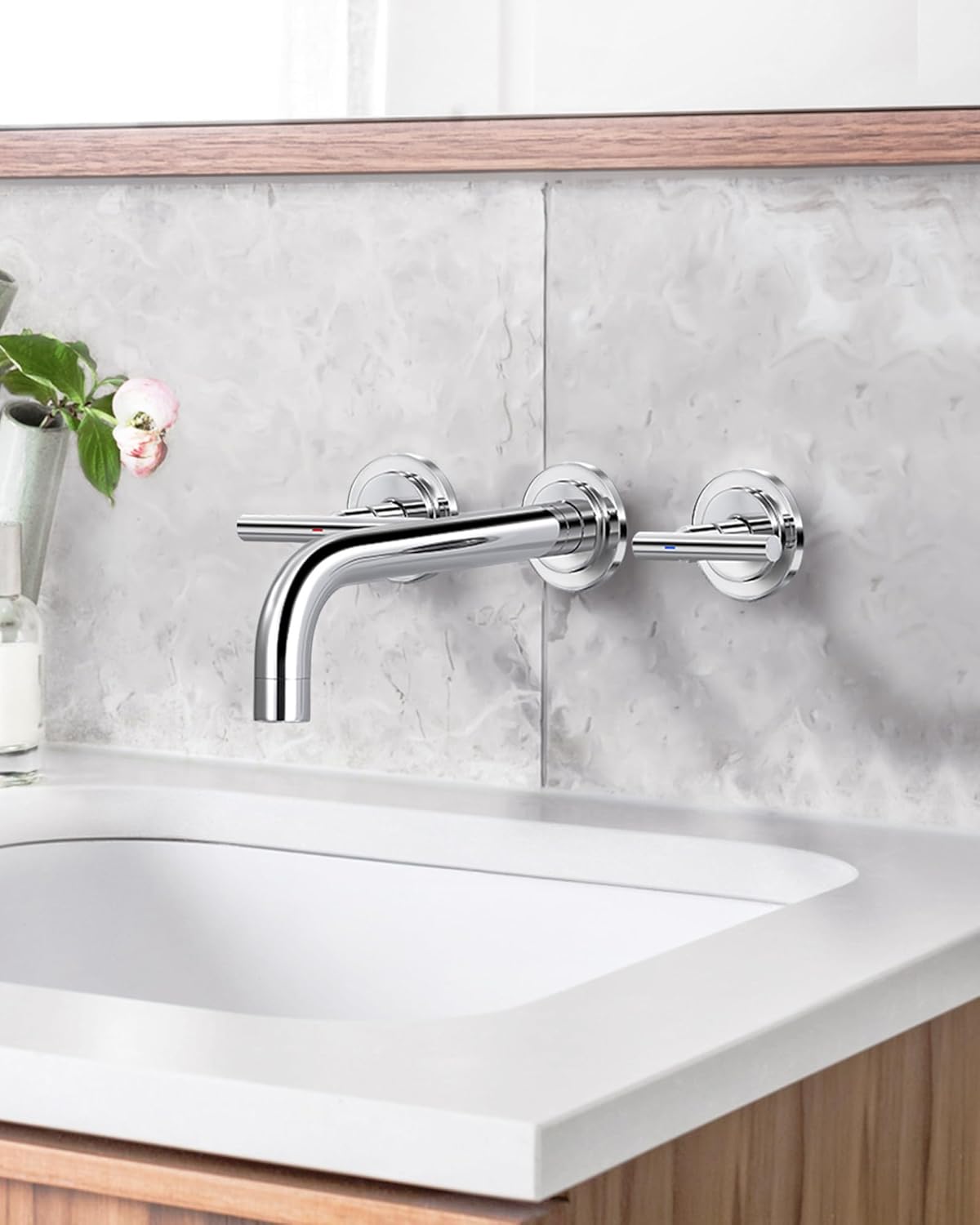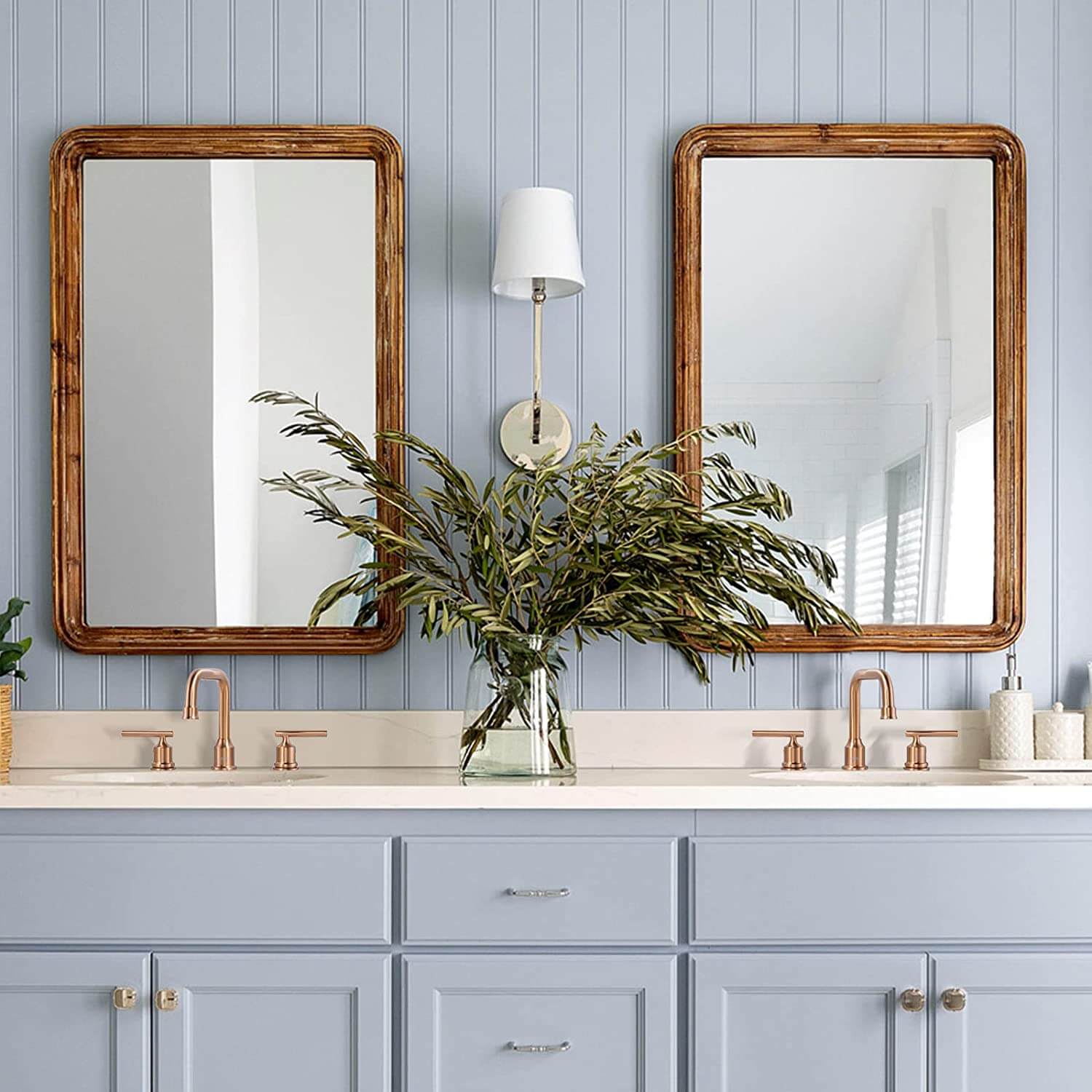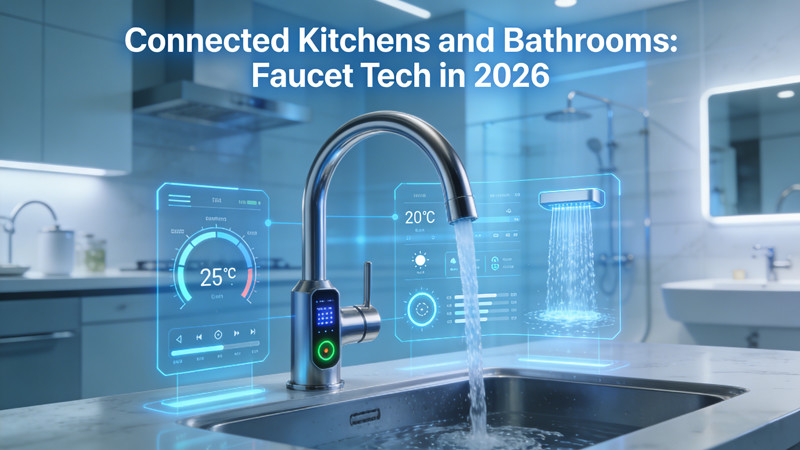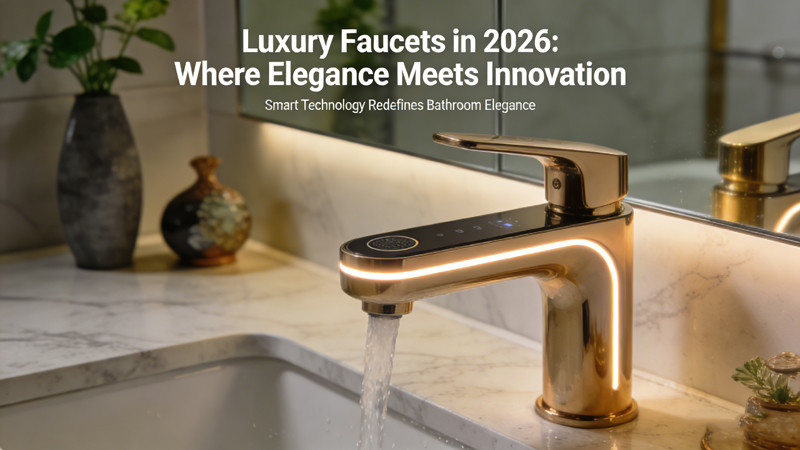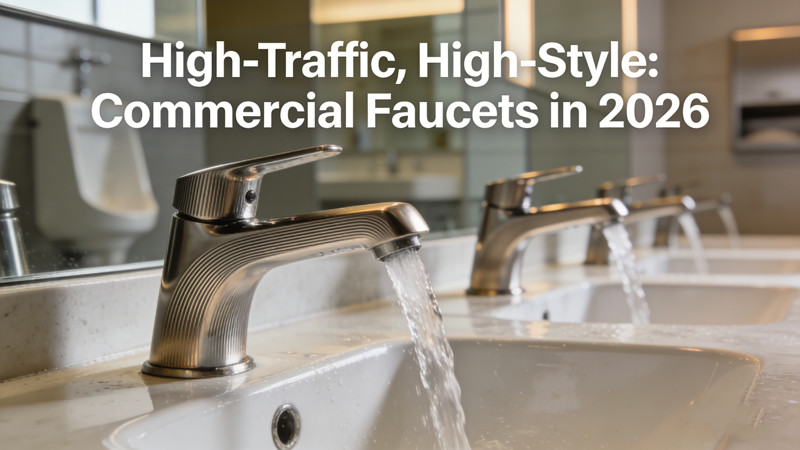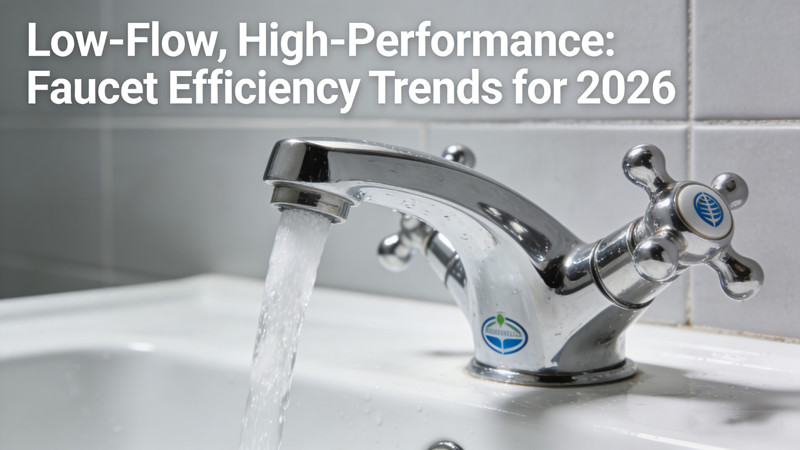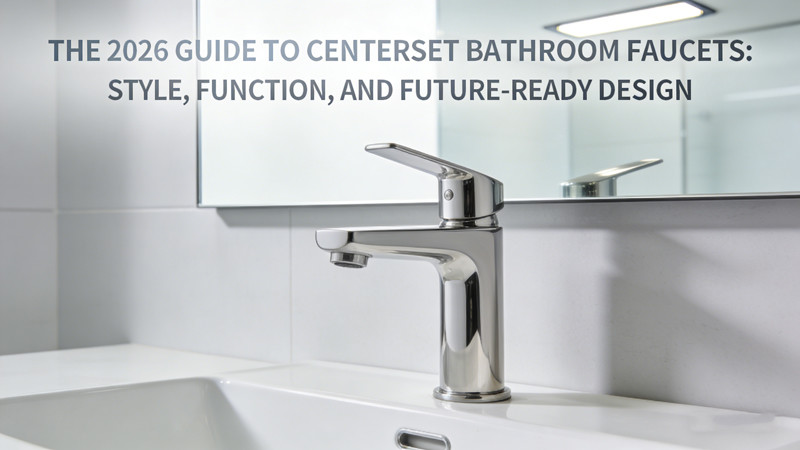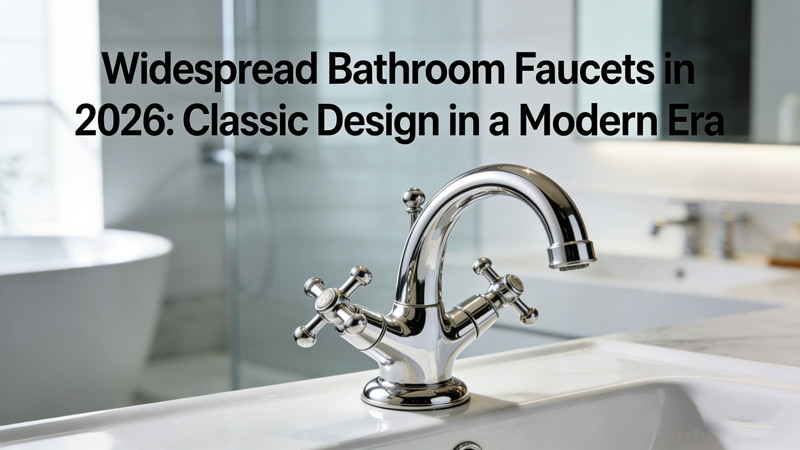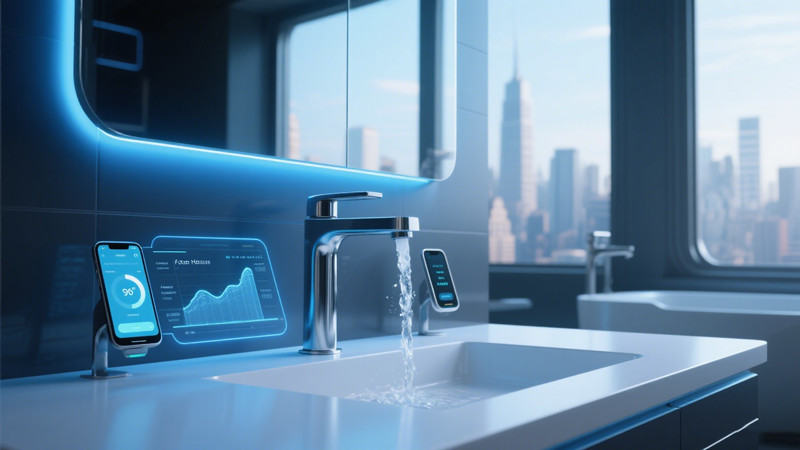
When you think about faucets, you might picture a simple device that delivers water when you turn a handle. But the world of faucet technology is changing rapidly, and the humble tap is transforming into a high-tech tool for conservation, hygiene, convenience, and even health monitoring.
As we move into a smarter and more sustainable future, faucets are becoming an unexpected frontier for innovation. In this post, we’ll explore where faucet technology is headed, the trends shaping the industry, and how these changes may soon become part of your daily life.
1. Smart Faucets: Convenience Meets Intelligence
Smart home technology is no longer limited to thermostats and lighting—it’s made its way into the kitchen and bathroom, with faucets becoming increasingly intelligent.
Today’s smart faucets already offer:
- Touchless activation with motion sensors
- Voice control integration with Alexa, Google Assistant, or Siri
- Preset water temperatures and volumes via apps
- Usage tracking and leak detection for water management
But the future takes these features a step further. Imagine faucets that:
- Learn your daily routines and adjust water settings automatically
- Alert you to unusual water usage patterns, potentially detecting leaks or water waste
- Sync with fitness apps to track hydration goals
- Auto-sterilize using UV technology after each use for high-touch areas like hospitals or kitchens
The goal? Faucets that aren’t just functional, but intuitive—saving time, water, and effort.
2. Water Conservation Gets Smarter
With increasing global awareness around water scarcity, faucet manufacturers are investing heavily in eco-friendly technology. In the future, faucets will come with built-in features that not only reduce water usage but also help consumers monitor and manage their environmental impact.
We’re already seeing:
- Flow restrictors and aerators that reduce consumption
- Smart meters integrated into faucets
- Automatic shut-off features to prevent overuse
Emerging technologies will include:
- Real-time usage dashboards via mobile apps
- AI-based learning algorithms that adapt flow rates based on activity
- Recyclable and modular faucet parts to extend lifespan and reduce landfill waste
Incorporating green technology won’t just be a nice-to-have feature—it will be a critical selling point for eco-conscious homeowners.
3. Health-Enhancing Features in Faucets
As the world becomes more health-conscious, faucet design is responding to a new wave of demand. Faucets will evolve from passive devices into proactive health tools.
Future innovations may include:
- Temperature-regulating faucets that reduce scalding risks for children and elderly users
- Faucets with built-in water purification or mineral infusion systems
- Hydration reminders that flash lights or issue alerts through an app
- Contactless testing for water contaminants like lead, chlorine, or bacteria
For health-focused households, these features will offer peace of mind—and for the healthcare sector, they’ll become an essential tool in patient care and sanitation.
4. Customizable Aesthetics and Adaptive Design
As faucet technology advances, so too does the ability to customize design and functionality. In the coming years, we’ll see:
- Modular faucet systems where components can be swapped out easily
- Color and finish-changing faucets using electrochromic technology
- 3D-printed faucet designs tailored to personal style or specific sink dimensions
- Adaptive height or angle adjustments, particularly useful for accessible design
Consumers increasingly want products that reflect their taste and needs—and faucet manufacturers are responding by merging function and fashion like never before.
5. IoT and Faucet Integration in the Smart Home Ecosystem
Faucets will no longer be standalone devices. They will be part of a larger Internet of Things (IoT) network that connects your kitchen, bathroom, and utility spaces into a unified smart home system.
Future faucet integrations may allow:
- Coordination with smart dishwashers or washing machines to manage household water demand
- Faucets that pause water flow when the home security system detects no one is home
- Integration with energy usage monitors to balance water heating efficiently
- Smart mirror and faucet synchronization for morning routines
As homes become more connected, faucets will evolve from hardware into dynamic software-driven appliances.
6. Industrial and Commercial Applications
Beyond the home, faucet technology will revolutionize public spaces, commercial kitchens, schools, and medical facilities.
Key developments include:
- Vandal-resistant, low-maintenance designs for public restrooms
- Pre-programmed multi-user profiles in corporate and commercial kitchens
- Hands-free operation with temperature presets for food safety compliance
- Hygiene-enhanced faucets with antimicrobial coatings for hospitals and labs
Expect these settings to drive innovation due to their high volume use and need for precision and hygiene.
7. The Rise of Faucet-as-a-Service (FaaS)
Yes, you read that right. In the future, even faucets may move toward a subscription model. This might sound odd now, but as smart faucets become more advanced, software updates, maintenance services, and usage monitoring could be offered as part of a service package—similar to how HVAC systems and home security are managed.
Potential benefits of FaaS include:
- Scheduled filter replacements and part upgrades
- Remote diagnostics and repair
- Real-time usage analytics
- Sustainability reporting for eco-certification programs
This model may particularly appeal to commercial property managers and green-certified buildings.
Conclusion: What the Future Holds for Faucet Technology
Faucet technology is undergoing a quiet revolution. From smart integration and sustainable engineering to health-focused design and futuristic features, the faucet of tomorrow will be almost unrecognizable from the fixture we know today.
Whether you’re remodeling a kitchen, building a smart home, or just keeping an eye on the next wave of innovation, one thing is clear: the faucet is no longer just a pipe with a handle. It’s becoming a smart, responsive, and essential part of our modern lives.
So next time you turn on the tap, remember—it’s only getting smarter from here.
 WOWOW Faucets
WOWOW Faucets